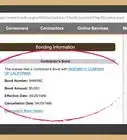This article was co-authored by Ryaan Tuttle. Ryaan Tuttle is a Home Improvement Specialist and the CEO of Best Handyman, Inc. in Boston, Massachusetts. With over 17 years of experience, he specializes in building home service businesses, focusing on creating scalable and efficient brands. With the help of his global team, the companies have achieved over 10+ million in sales and received recognition through magazine features, and enjoy partnerships with wikiHow and Jobber field service software. Boston Magazine and LocalBest.com have named Best Handyman Boston the Best Handyman in Boston. Ryaan holds Construction Supervisor and Home Improvement Contractor Licenses.
There are 8 references cited in this article, which can be found at the bottom of the page.
This article has been viewed 20,230 times.
Since a lot of homeowners don’t have a background in construction, it can be difficult to know what to look for when looking over a contractor’s estimate. Many a homeowner has come to regret the day they rushed into signing a contract with a substandard home improvement company. Every job is different, but there are some common ground rules for evaluating any estimate for a home improvement project, and with a little diligence and advance planning, you can make sure you don’t end up in a business relationship you’ll regret.
Steps
Soliciting Estimates
-
1Set aside enough time to get multiple estimates. It’s easy enough for someone to say that you should get multiple estimates for any home improvement project, but a lot of people don’t realize how long it can take a contractor to get to a job site to work up an estimate.[1]
- It’s a good rule of thumb to begin soliciting estimates at least thirty days before you plan on signing a contract. A lot of contractors are small operations with only a few employees. What’s more, home improvement contractors often cover a large geographic area since it’s difficult to predict when and where a potential job will come from. They’re busy people who do a lot of driving, so it may take a week or two for them to get to you.
- After the initial visit, it will probably take another week to get an estimate.
-
2Do some preliminary cost estimation of your own. The internet age has made it possible for nearly anyone to work up a preliminary estimate all by themselves with just a few hours and the willingness to do some research.[2]
- There are many cost-estimation sites online that you can use for free.[3] Some sites you can use include Homewyze, HomeAdvisor, and This Old House. Some, like Homewyze, are more detailed than others.
- Depending on your online estimator’s level of detail, you might need to measure square footage and make some preliminary decisions on materials—like wood, vinyl, or laminate flooring—to get an accurate estimate.
Advertisement -
3Ask around to get the names of some reputable contractors. Since most people don’t have the expertise to evaluate a contractor’s work at a glance, they rely on word of mouth and consumer reviews to find contractors to work with.[4] There’s nothing wrong with that strategy, but it’s not perfect. You should be aware of a few points:[5]
-
4Evaluate the contractors' credentials. Start by checking online reviews. Many online review aggregators are less impartial then they may seem. Angie’s List is one of the best review aggregators, and all of the ratings on Angie’s List are legitimate.[6] But even Angie’s List allows highly rated contractors to pay to have their names come up first in the search results.
- The same problem pops up with word of mouth referrals. For example, say you want to build a stone wall in your front yard. Your sister had a stone wall built a year ago, and it looks great, and she highly recommends the stonemason. The problem is, structures are about more than looks—they also have to be built soundly. How does your sister know she didn’t pay for a beautiful wall that’s going to fall over in three years?
- Ask contractors for referrals from past customers so you can determine how reliable they are.[7]
- The contractor’s experience is probably the best way to ease some of these anxieties. If they’ve been working in your area for three decades, they come recommended, and they’ve got good online reviews, then they’re probably worth taking a look at.
- Check with the Better Business Bureau (BBB) online to see their score, any previous complaints, and customer comments.
- Although most people won’t do it, it’s not a bad idea to conduct a personal background check on your contractor. If your contractor has defrauded people before, there’s a good chance it was in another state—because they won’t be licensed in a state where they have committed fraud. A thorough background check can help to ferret out any troubling criminal history.
-
5Make a list of items that need to be covered in the estimate. If you only need one item repaired or replaced, this isn’t as important. But if you’re getting a lot of work done, make a list of everything that you might want taken care of.[8]
- For example, if you’re just getting your windows replaced, you probably don’t need a list to keep track of that. If you’re getting your entire home remodeled, make a list.
-
6Meet the contractor at the job site. Never underestimate what you can learn from a face-to-face meeting. There are all kinds of details you might not catch over the phone or online.
- Walking the job site together with the contractor can also remind you of items you may have left off your list.[9]
-
7Schedule estimates from at least three contractors. If you have time, schedule more. But you need to get at least three estimates, because without three, you’ll never be able to tell if one estimate is an outlier.[10]
- Even beyond the price of an estimate, it’s important to get three because a contractor might be wrong. Whether you’re getting something repaired, replaced, remodeled, or built from scratch, there’s a good chance the estimate from at least one contractor will be too high, too low, or for the wrong thing altogether. If one contractor tells you that you need to have your hot water heater replaced, and another says they can repair it, how do you know who’s right? The third estimate might do the trick.
Analyzing the Estimates you Receive
-
1Take note of how long it takes to get the estimate. Unless a job is massive, it shouldn’t take longer than a couple of weeks to get an estimate. What’s probably more relevant than the amount of time it takes to get the estimate is the difference between how long they said it would take and how long it actually takes.
- Use your best judgement when weighing this factor. If it takes someone three weeks to tell you how much they’ll charge to replace your garbage disposal, you probably want to avoid them. If you’ve got a big job and the contractor can explain the reason for a delay and takes the initiative to tell you it’s going to be late, then it’s probably not reflective on their diligence.
-
2Pay attention to the level of detail in the estimate. Estimation is inherently inexact, but that doesn’t mean it has to be inaccurate. A vague estimate should immediately strike you as unreliable. The bigger the job, the more detailed the estimate should be. A small job can be less detailed, because there are fewer variables to consider.
- All contractors should be bidding the same job under the same conditions. Otherwise, it will be hard to properly evaluate and compare offers.
- For example, if you’re getting a ceiling fan installed, that’s a small job. You pick the fan, which accounts for the cost of materials, so the only variable is labor.
- If your entire house is getting renovated and the contractor tells you the kitchen will cost $7,000, let that serve as a warning sign. Unless you’ve already picked out the appliances, the countertops, fixtures, flooring and more, there’s simply no way to know how much it will cost. The best a reputable contractor will do is give you range: “kitchens of this size usually cost between $5,000 and $10,000.”
-
3Identify the materials you want. Hidden costs can make an estimate appear to be great when it’s anything but. One way of masking costs is to work up an estimate using the lowest grade materials or appliances available. Verify the contractor is using the materials or appliances you want used, and not just what’s cheapest.
-
4Include other conditions. Remember to state any other conditions or other requirements that will affect the job. For example, you may require that contractors work certain hours, have a distinct level of access to site, or require site maintenance. Include any special details when talking to contractors so that they can give you a comprehensive estimate. Examples of these conditions might include:
- Waste disposal and cleanup. Most large projects generate a lot of trash, dumpsters have to be rented and hazardous materials ( like asbestos) need to be disposed of by specialists.[11]
- Permits and inspections. Every home improvement project of any consequence is going to require some type of permit. Who is responsible for obtaining the permits and who pays for the inspectors?[12]
- Landscaping. Large projects can do quite a bit of damage to a residential landscape. Who is responsible for returning the yard back to its original condition?
- Warranties. Make sure that your contractor warranties their work. If they charge extra, do the math. Is the length of the warranty worth the cost?
-
5Compare the estimates. Compare the estimates you’ve received from the contractors and the preliminary estimate you created. Is there one that’s substantially higher or lower than the others? If so, is there a good reason why?[13]
- A lot of people will say to eliminate the high and low estimate right off the bat, but that’s simply not good advice. If you only got three estimates, and one of them is much higher than the others, don’t you want to know why? The high contractor might have spotted a problem the other two missed. The same principle applies to a very low estimate. That contractor may have identified a cheaper way of getting the job done than the other two that’s equally as good.
- If you find yourself in that kind of dilemma, the best option may be to get another estimate from a fourth contractor.
- Ask for an explanation when costs vary significantly. Does one contractor see a problem another missed or does one wants the job more and is willing to take a lower profit?
Picking an Estimate
-
1Tell the contractors about each other’s estimates. It’s far from certain that it will change anyone’s estimate, but you might be able to get a better deal if you tell the contractors what your other offers are.
- Inform them of the other offers respectfully. Don’t accuse anyone of trying to cheat you or take advantage, because most of the time, they aren’t. Not every contractor pays the same price for materials or labor. Plus, a lot of the variation is based on what a contractor thinks his crews can do and how they’ll have to do it.
-
2Confirm the details. Before you commit to a specific contractor, make sure you know exactly what’s included in the estimate. All terms and conditions included in the requirements and conditions of the job should be included. You should also ask for an explanation and process for cost over-runs or change orders. Some contractors bid low to get work and then make their profits on change orders.
-
3Commit to the best option. Choose the contractor that meets your requirements, is reputable, and offers a fair process for cost over-runs. If there are more than one contractors that do so, choose the lowest offer.
-
4Translate the estimate into a contract. Have your chosen contractor draw up a contract based on the estimate. The contract should include details like the schedule, payments, and approvals. Have an attorney look over the contract to make sure you are covered for any eventuality. In particular, the contractor should have adequate liability insurance to protect you from suits by employees or bystanders hurt during the performance of their work.
Expert Q&A
-
QuestionHow much should you spend on home improvements each year?
 Ryaan TuttleRyaan Tuttle is a Home Improvement Specialist and the CEO of Best Handyman, Inc. in Boston, Massachusetts. With over 17 years of experience, he specializes in building home service businesses, focusing on creating scalable and efficient brands. With the help of his global team, the companies have achieved over 10+ million in sales and received recognition through magazine features, and enjoy partnerships with wikiHow and Jobber field service software. Boston Magazine and LocalBest.com have named Best Handyman Boston the Best Handyman in Boston. Ryaan holds Construction Supervisor and Home Improvement Contractor Licenses.
Ryaan TuttleRyaan Tuttle is a Home Improvement Specialist and the CEO of Best Handyman, Inc. in Boston, Massachusetts. With over 17 years of experience, he specializes in building home service businesses, focusing on creating scalable and efficient brands. With the help of his global team, the companies have achieved over 10+ million in sales and received recognition through magazine features, and enjoy partnerships with wikiHow and Jobber field service software. Boston Magazine and LocalBest.com have named Best Handyman Boston the Best Handyman in Boston. Ryaan holds Construction Supervisor and Home Improvement Contractor Licenses.
Home Improvement Specialist On average, people spend between $5,000 and $10,000 a year on home maintenance, property upkeep, and things like that. In any case, it's important to set an annual budget for yourself and allocate a specific amount per month—that way, you can have an emergency fund for your home.
On average, people spend between $5,000 and $10,000 a year on home maintenance, property upkeep, and things like that. In any case, it's important to set an annual budget for yourself and allocate a specific amount per month—that way, you can have an emergency fund for your home.
References
- ↑ http://money.usnews.com/money/personal-finance/articles/2014/09/16/6-home-renovation-mistakes-that-could-cost-you
- ↑ http://www.homewyse.com/services/cost_to_manage_home_improvement_project.html
- ↑ [v161695_b01]. 6 October 2022.
- ↑ GreatBuildz. Contractor Matching Service. Expert Interview. 25 November 2020.
- ↑ http://money.usnews.com/money/personal-finance/articles/2014/11/14/18-tips-for-finding-a-reliable-home-contractor
- ↑ GreatBuildz. Contractor Matching Service. Expert Interview. 25 November 2020.
- ↑ [v161695_b01]. 6 October 2022.
- ↑ http://money.usnews.com/money/personal-finance/articles/2014/11/14/18-tips-for-finding-a-reliable-home-contractor
- ↑ [v161695_b01]. 6 October 2022.
- ↑ http://www.elocal.com/content/home-expert-network/understanding-home-improvement-estimates-2376
- ↑ https://www.houselogic.com/remodel/budgeting-contracting/five-essential-questions-ask-before-hiring-contractor/
- ↑ http://money.usnews.com/money/personal-finance/articles/2014/09/16/6-home-renovation-mistakes-that-could-cost-you
- ↑ https://www.houselogic.com/remodel/budgeting-contracting/five-essential-questions-ask-before-hiring-contractor/
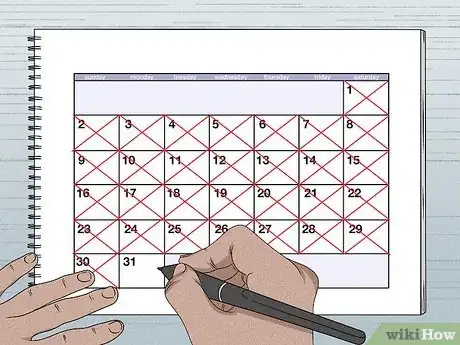



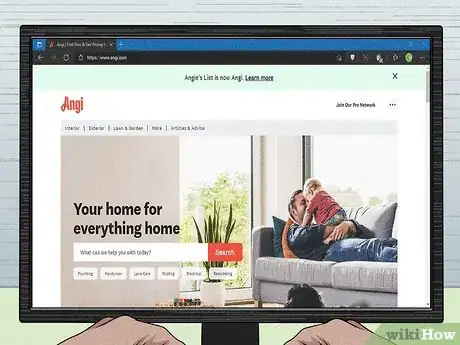
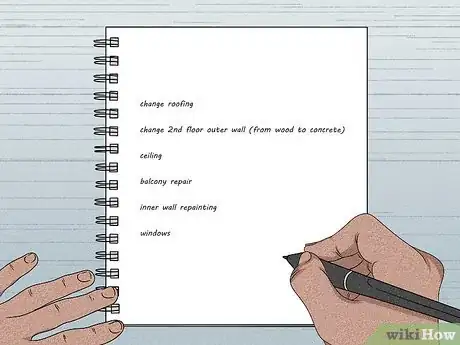


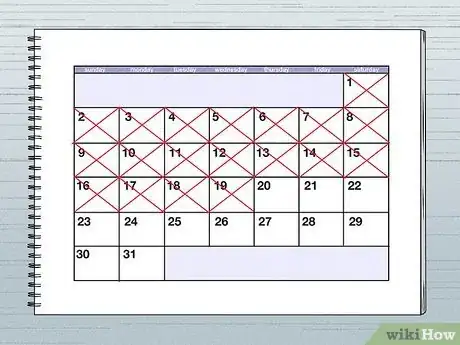

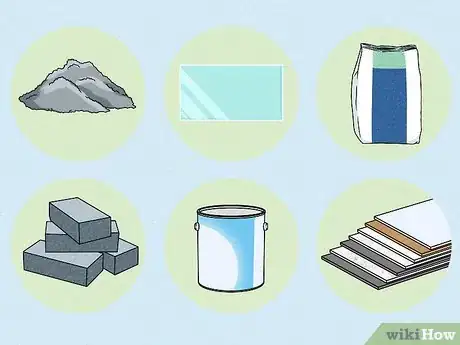
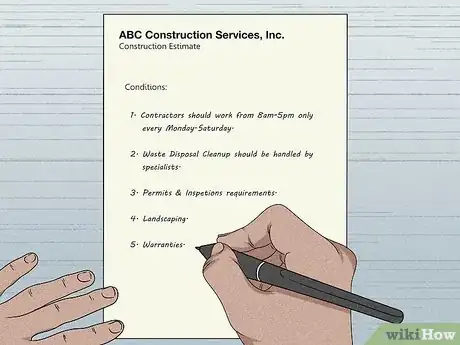




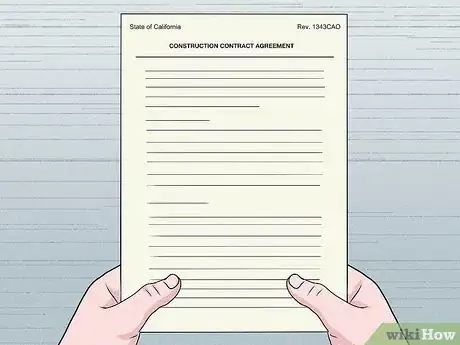

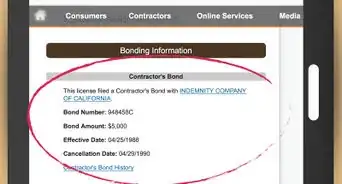
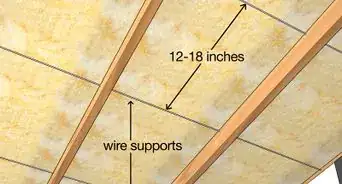









-Step-14.webp)









